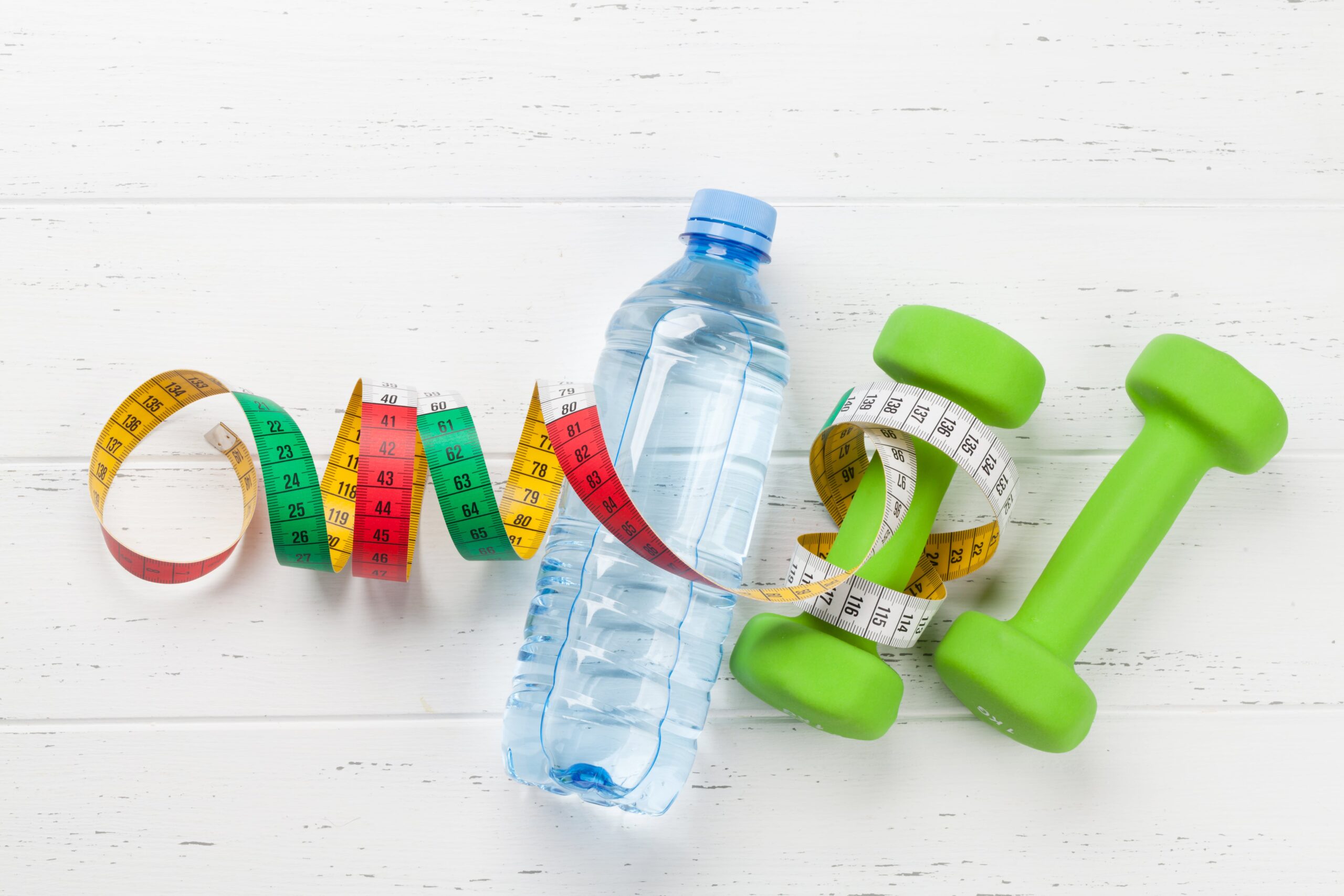Your body is mostly made up of water. It’s in the blood, muscles, organs, and bones. Water is essential to your body, but sometimes your body holds too much of it. This is called water retention. It causes puffiness, bloating, and swelling. You also feel heavier and less active than usual.
Does it make me “fat”?
Water retention is just excess water stored in your body. It isn’t fat, and doesn’t make you fat. The excess water is temporary and can be easily shed in a few ways.
Causes
A lot of things can trigger your body to retain water. It could be:
Your diet. Too much sodium can make your body hold in too much water. Table salt and processed foods such as chips, canned meat, crackers, fast food, and soft drinks are sources of sodium. Check the sodium levels of your food and drinks before consuming them.
Your lifestyle. Sitting and standing too long can keep the blood lower in your body. There’s more pressure in the blood vessels in your legs and feet, which causes the tissues to hold water and fluids.
If you’re always on your feet because of your job, you may notice that your legs and ankles are swollen at the end of the day. Long airplane rides can also do the same since you’re sitting for a long period of time. A sedentary lifestyle and physical inactivity can also make the lower legs retain water.
Your hormones. Changes in your hormones can cause your body to hold more water than usual. It’s normal for women to feel puffy or bloated days before their period, but this will also go away after a few days.
Hormonal conditions such as thyroid problems and Cushing’s Syndrome may also cause water retention.
Your medications. There are some medications that cause water retention. These include:
- High blood pressure medications
- Over-the-counter pain relievers, such as ibuprofen
- Antidepressants
- Chemotherapy medications
- Some diabetes medications
Talk to your doctor if you use any of these medications and you’re worried about water retention.
Your heart. A weak heart cannot pump blood effectively. This can cause your body to retain water. There can be swelling in the legs, feet, and ankles.
Your veins. Blood also cannot circulate properly if there’s a problem in your veins. You may retain water and cause swelling in your lower legs.
If you notice swelling in just one foot or leg, that might be deep vein thrombosis (DVT), which is a blood clot in the vein. Pain, warmth, and redness are other symptoms. The clot can form when healing from a surgery or during a long flight. See a doctor right away if you experience any symptoms of DVT.
Your pregnancy. The body tends to retain more water than usual when a woman is pregnant. Changes in the hormones and the extra weight can also contribute. These may lead to swelling in the lower legs, especially when the weather is hot or after standing too long. This usually clears out after childbirth.
If the swelling worsens, this may be a sign of pre-eclampsia. This is a type of high blood pressure that affects both the mother and the fetus.
See a doctor immediately when severe swelling during pregnancy is accompanied by headaches, vomiting, pain under the ribs, or vision problems.
Symptoms
Symptoms of water retention are:
- Bloating, especially in the abdominal area
- Swollen legs, feet, and ankles
- Shiny or puffy skin
- Stiff joints
- Indentations in the skin
- Weight fluctuations
Remedies
Water retention can be easily solved with a few changes in your habits and lifestyle. Here are some tips that can help you.
Lessen the salt you consume. Limit your sodium intake to 2,300 milligrams per day. Check the nutrition facts at the back of packaging, and avoid processed foods as much as possible.
Add more potassium and magnesium to your diet. They help in balancing sodium levels in your body. Go for bananas, avocados, tomatoes, sweet potatoes, leafy vegetables, nuts, and whole grains.
Move around. Walking around and moving a bit can help reduce water retention in some areas, such as your legs. Elevating your feet can also help.
Water retention is common. It can be caused by a few factors such as diet, hormone levels, menstrual cycle, and genetics. Just a few tweaks in your lifestyle can already help you solve and prevent water retention. If you often experience water retention and it’s already causing problems in your daily activities, better talk to your doctor about this.
Sources:
https://www.healthline.com/health/water-retention#remedies
https://www.healthline.com/nutrition/6-ways-to-reduce-water-retention
https://www.medicalnewstoday.com/articles/187978
https://www.webmd.com/diet/why-am-i-retaining-water#1



